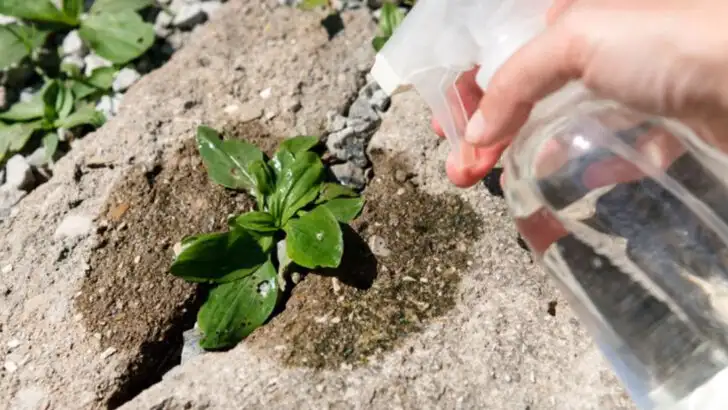Think your kitchen is just for cooking? Think again. Some of the best plant boosters (and worst plant offenders) are already sitting on your shelves—completely unnoticed. Whether you’re trying to give your houseplants a little pep or stop garden disasters before they start, your fridge and pantry might be your secret weapon. No need to spend money on fancy fertilizers or pest repellents when the answers are hiding behind your coffee mugs.
In this guide, we’re revealing 8 common kitchen items that can seriously help your plants grow—think food scraps, pantry staples, and things you’d normally toss. But we’re also warning you about 9 surprising things you should keep far away from your greenery. Some of them might seem harmless (or even helpful), but they can actually cause yellow leaves, stunted growth, or even plant death.
Whether you’re a lazy gardener or a DIY plant whisperer, this list is packed with quick wins and must-know no-nos. So before you throw anything in the compost or down the drain, check this list—you might just find your next fertilizer, root stimulator, or natural pest repellent hiding in plain sight.
Eggshells
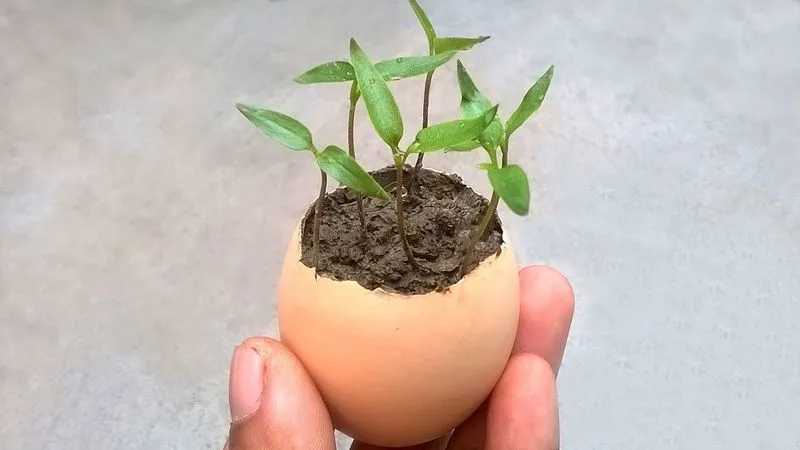
Crushed eggshells are nature’s fertilizer. Their calcium content helps strengthen plant cell walls. Scatter them around tomatoes or peppers for lush harvests. Eggshells also deter slugs, as they hate the sharp edges. Some say they act like a natural barrier. Moreover, they decompose, enriching your soil over time.
Coffee Grounds
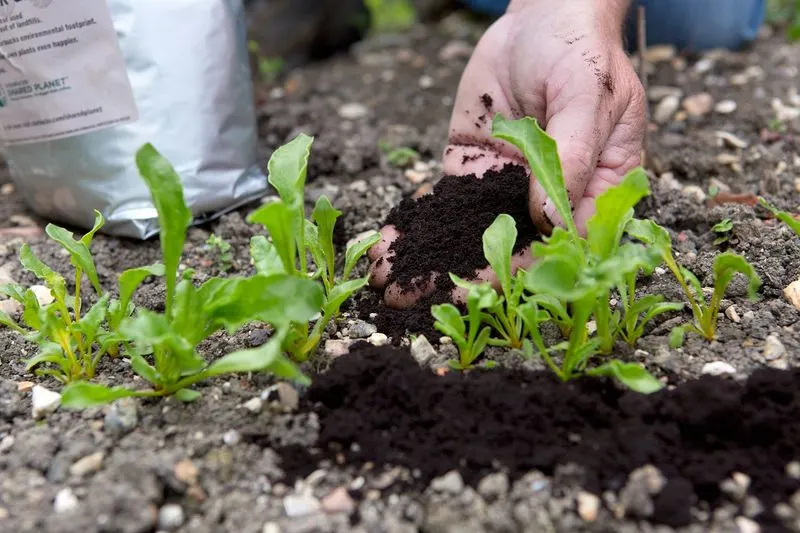
Used coffee grounds offer a nitrogen boost to plants like azaleas and hydrangeas. They improve soil structure and attract beneficial worms. Moreover, their slightly acidic nature is ideal for acid-loving plants. Remember, moderation is key—a thin layer suffices!
Banana Peels
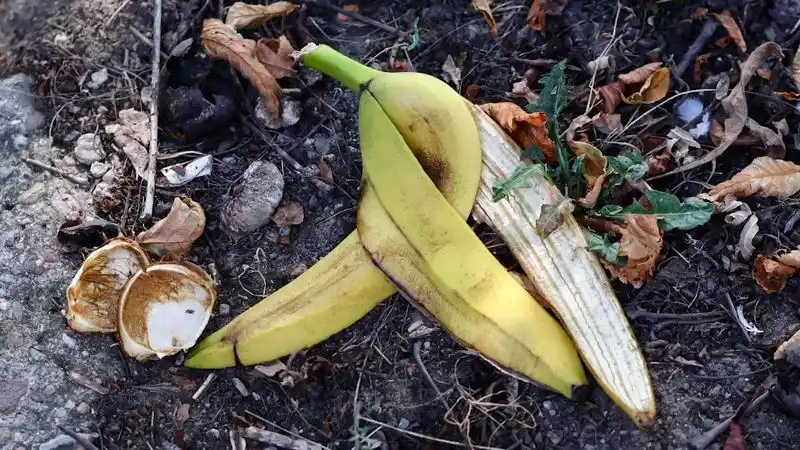
The potassium-rich banana peel is a hidden gem for gardens. Bury them or blend into compost. This boosts root development and helps fend off diseases. Many gardeners swear by this tip for more vibrant blooms.
Vinegar
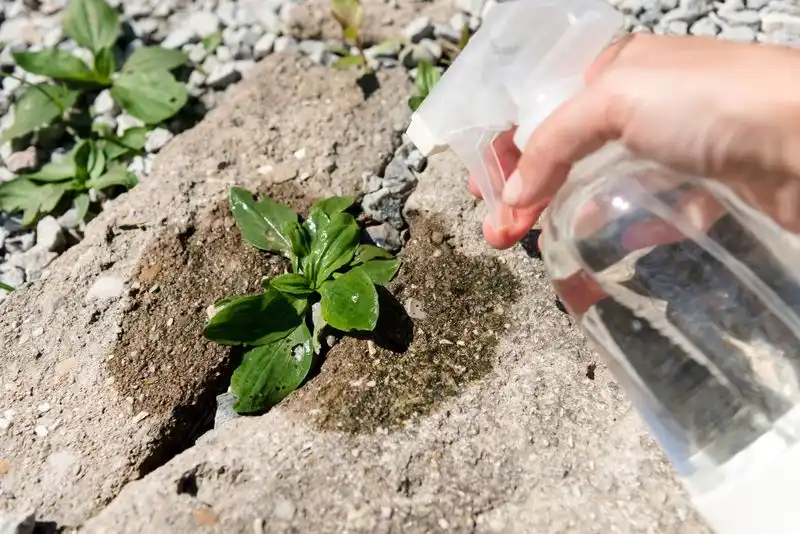
Vinegar’s acidity is a natural weed killer. Spritz it on unwanted plants for a chemical-free solution. Just be cautious—it doesn’t distinguish between weeds and prized plants! Ideal for those pesky cracks in paths.
Baking Soda
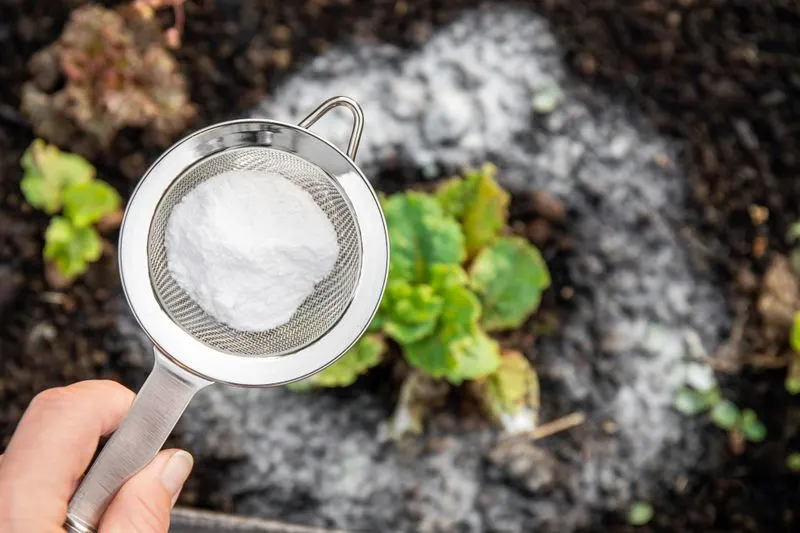
Baking soda can combat fungal infections on plants. Mix with water for a safe spray. It’s helpful for powdery mildew on roses or cucumbers. Not only does it protect, but it also improves fruit sweetness if used on tomatoes.
Epsom Salt
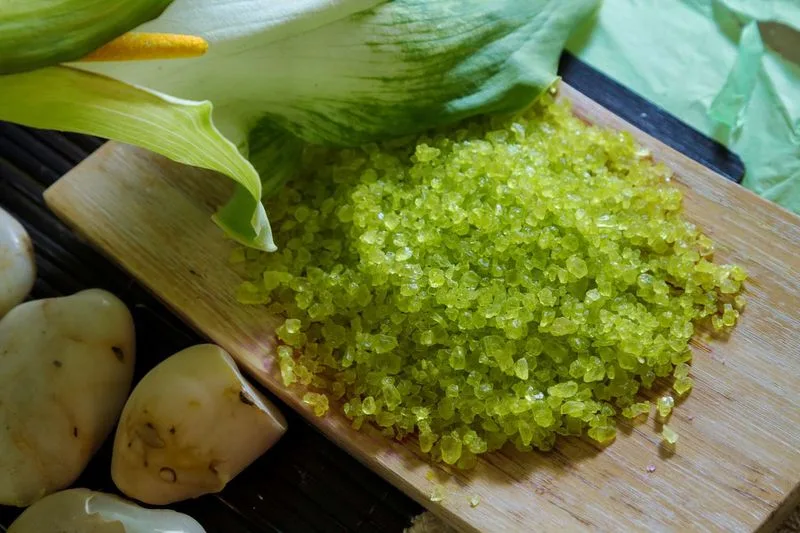
Epsom salt, or magnesium sulfate, is known for enhancing plant color and growth. Dissolve in water and spray on leaves or soil. Especially beneficial for roses and peppers. Consider it your garden’s secret weapon for vibrant blooms.
Cinnamon
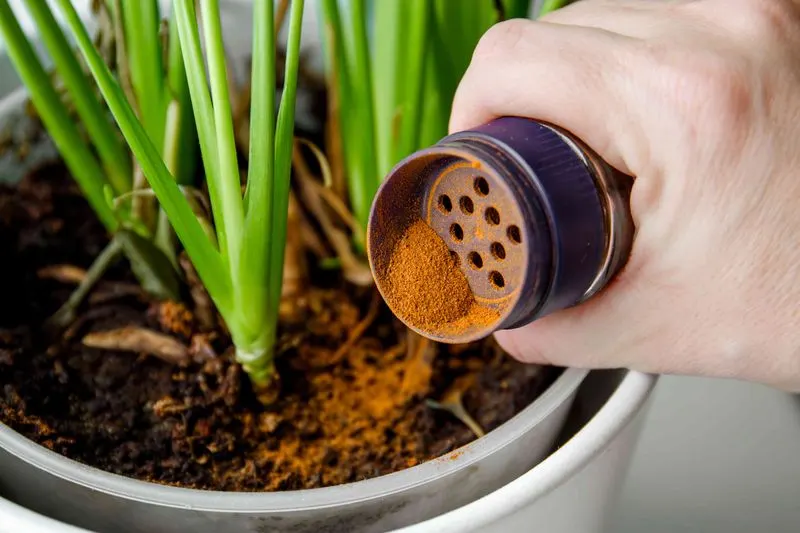
Cinnamon is the unsung hero of the garden world. Its anti-fungal properties protect seedlings from diseases. Sprinkle it on soil or mix with water for a spray. Plus, it deters ants, making it versatile for indoor and outdoor use.
Fish Tank Water
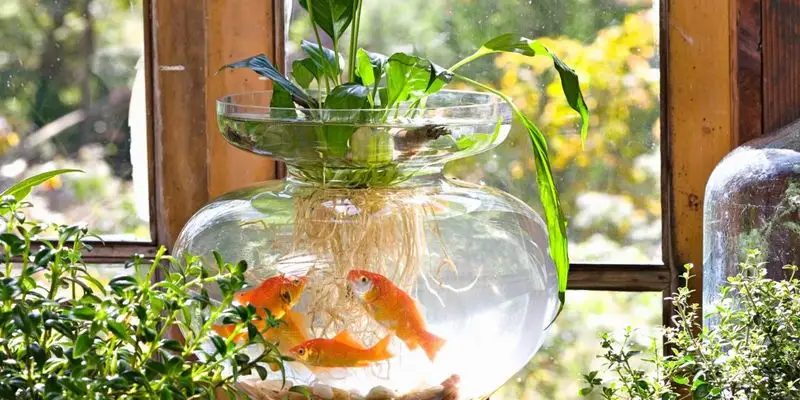
Fish tank water is brimming with nitrogen and beneficial bacteria. Pour it on plants for a nutrient boost. It’s like liquid compost! However, ensure the water’s chlorine-free and the fish are healthy.
Salt
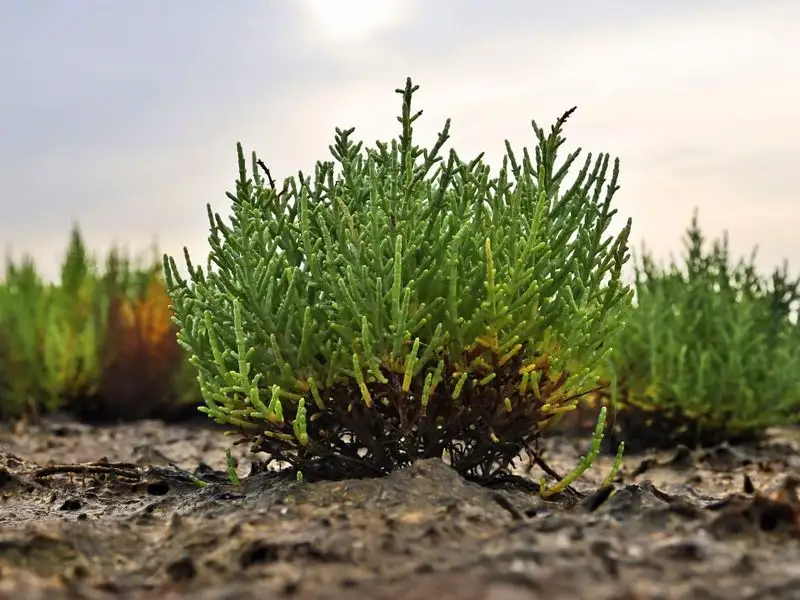
Salt is a natural pest deterrent. Sprinkle it around garden borders to keep slugs and snails at bay. However, use sparingly, as it can harm plants if over-applied. It’s a simple yet effective method for pest control.
Sugar
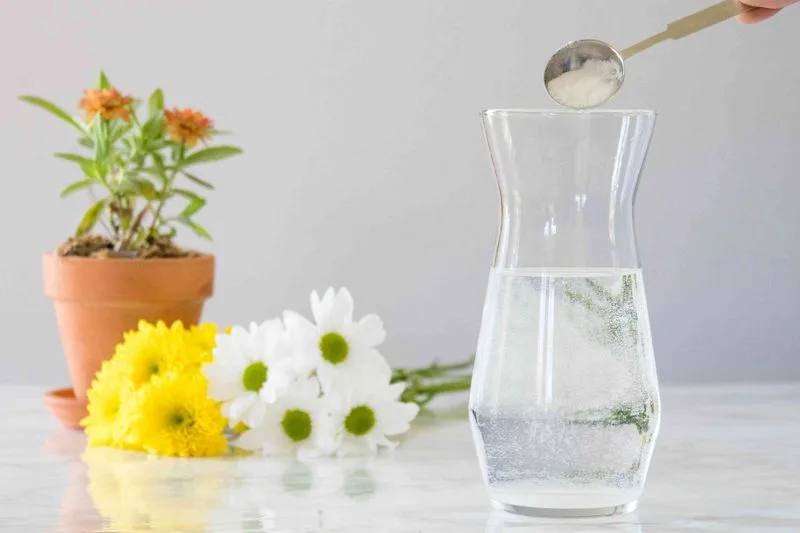
Sugar can attract beneficial insects like bees. A sprinkle around flowering plants can increase pollination. Ensure moderation, as too much can invite ants. An unusual tactic, but potentially rewarding for fruit-bearing plants.
Honey
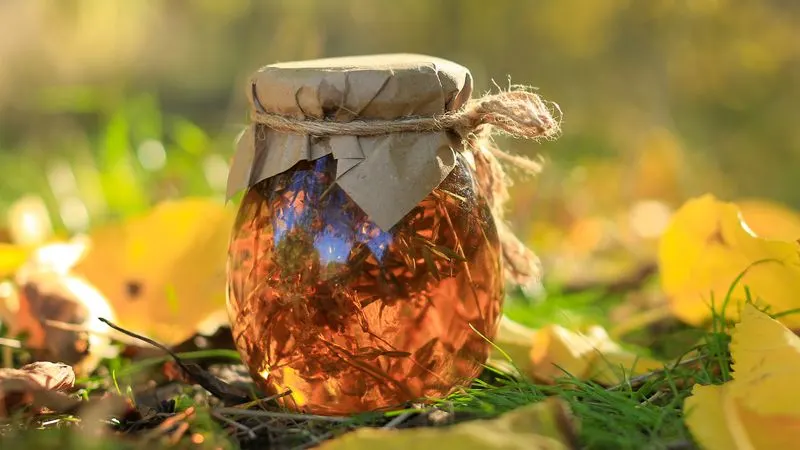
Honey, with its sticky texture, can trap pests. A little on plant stems can deter pests without chemicals. Also, mix with water to create a gentle nutrient solution. It’s sweet in more ways than one!
Citrus Peels
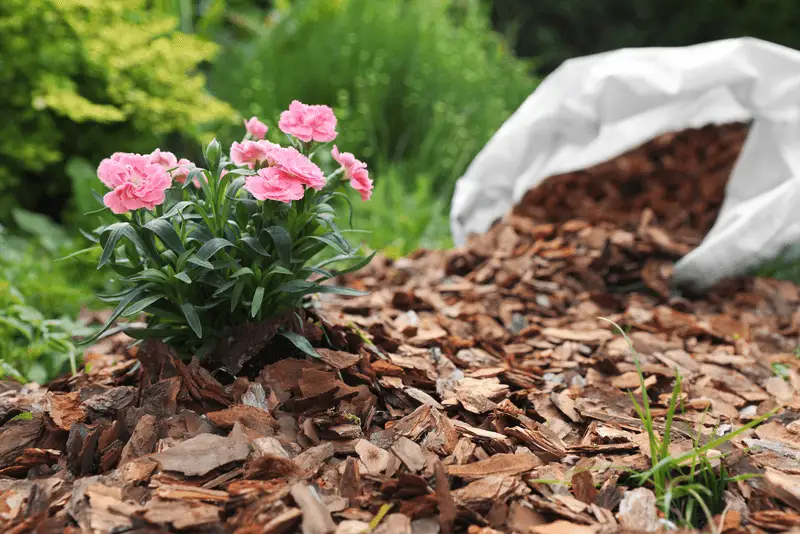
Citrus peels can repel cats and some insects. Scatter or bury them near affected plants. Their strong scent is nature’s warning signal. While they keep pests away, they also add a fragrant touch to your garden.
Garlic
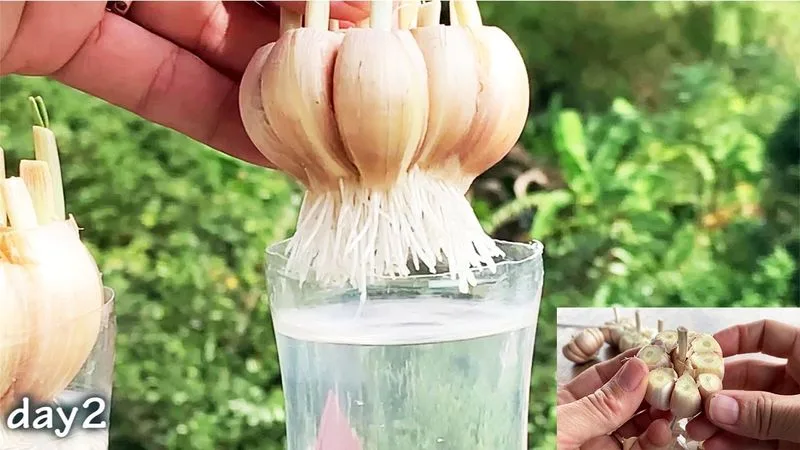
Garlic acts as a powerful pest deterrent. Plant cloves or make a spray to ward off insects. Its strong aroma is its main defense. An age-old trick, garlic keeps your garden buzzing with life, not pests.
Onion
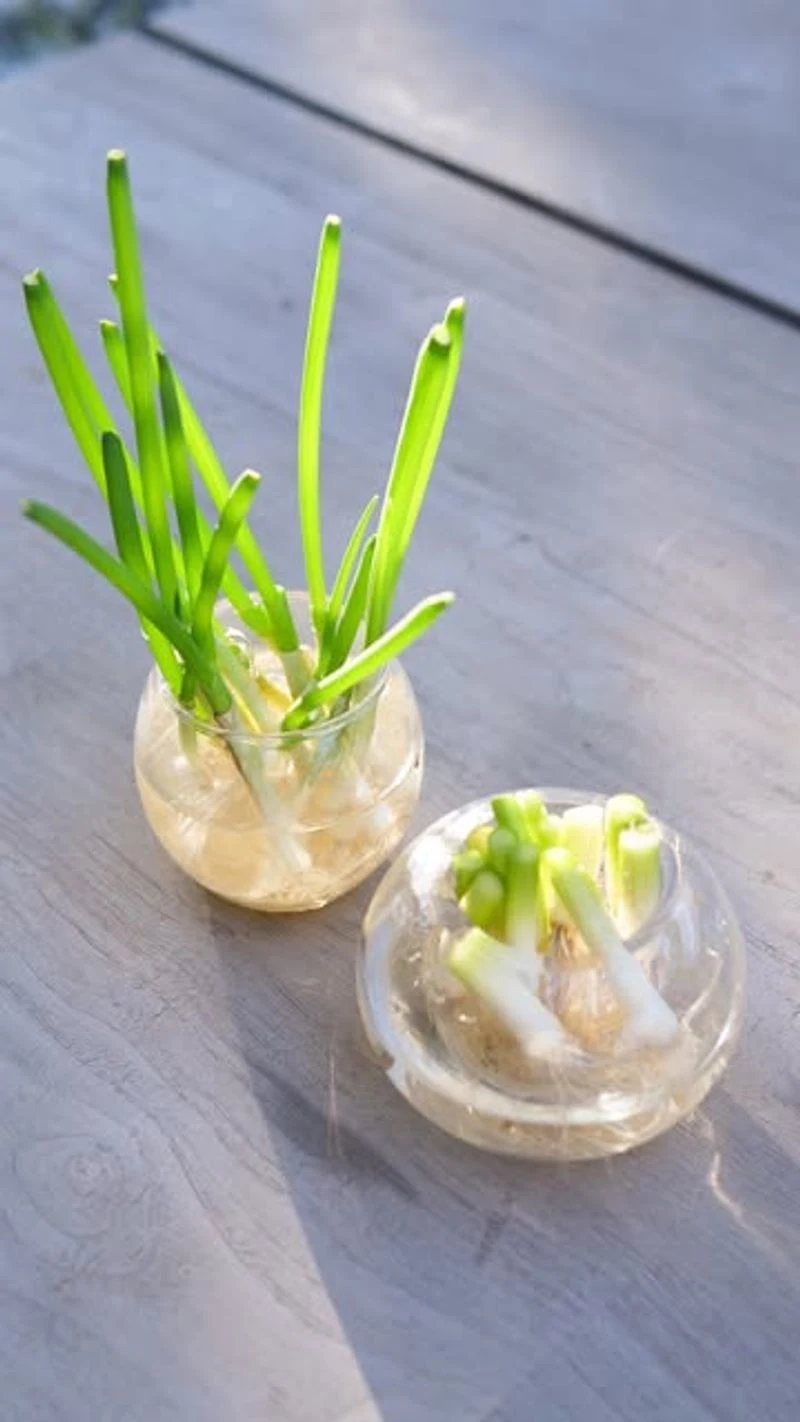
Onions share garlic’s pest-repelling properties. Their smell deters insects, making them ideal companions for other plants. Plant or place slices strategically. They’re a natural, fragrant barrier against garden invaders.
Pepper
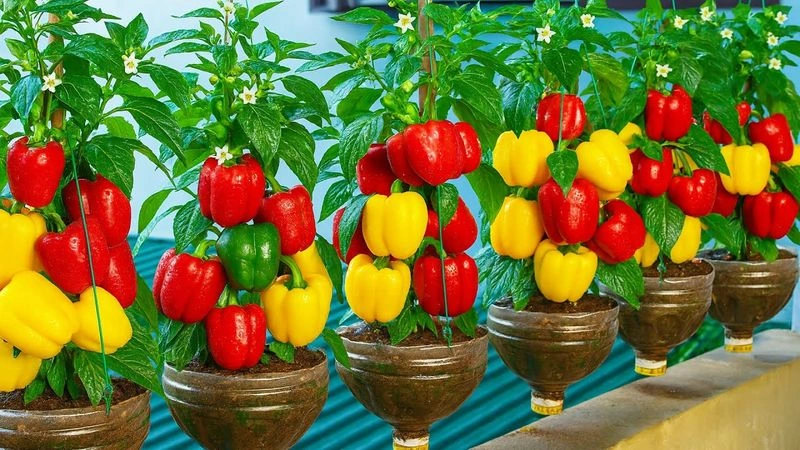
Ground pepper is a spicy deterrent for pests. Sprinkle it around garden borders to fend off invaders. It can cause irritation, so pests think twice before crossing! Use as a natural, chemical-free line of defense.
Flour
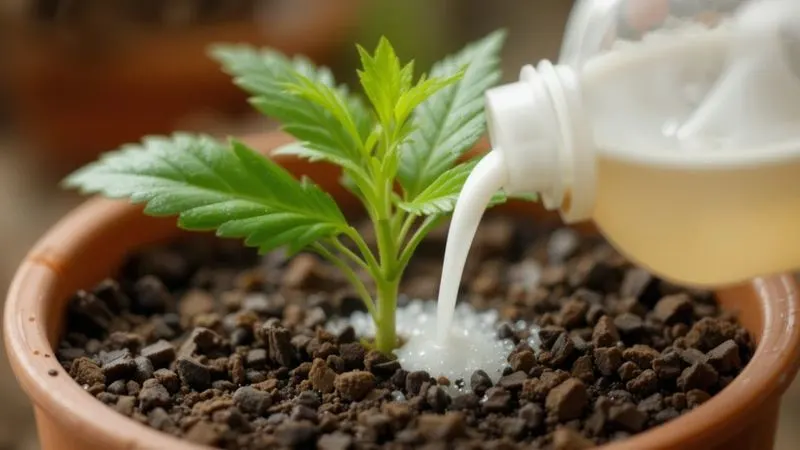
Flour can disrupt insects’ feeding habits. Dust it on cabbage leaves to deter loopers. It’s a simple method for reducing damage. While unconventional, it offers a non-toxic approach to pest control.
Soap
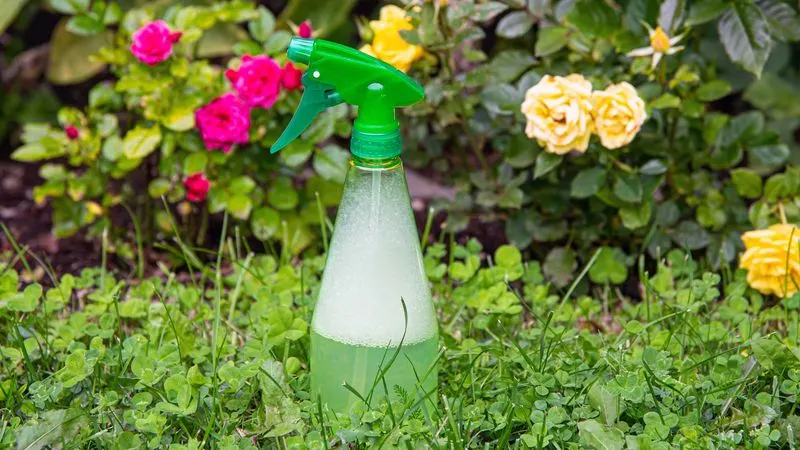
Soap, when dissolved in water, creates an insecticidal spray. It’s effective against aphids and mites. Ensure it’s a pure soap without additives. A time-tested garden hack that offers a green solution for pest issues.

